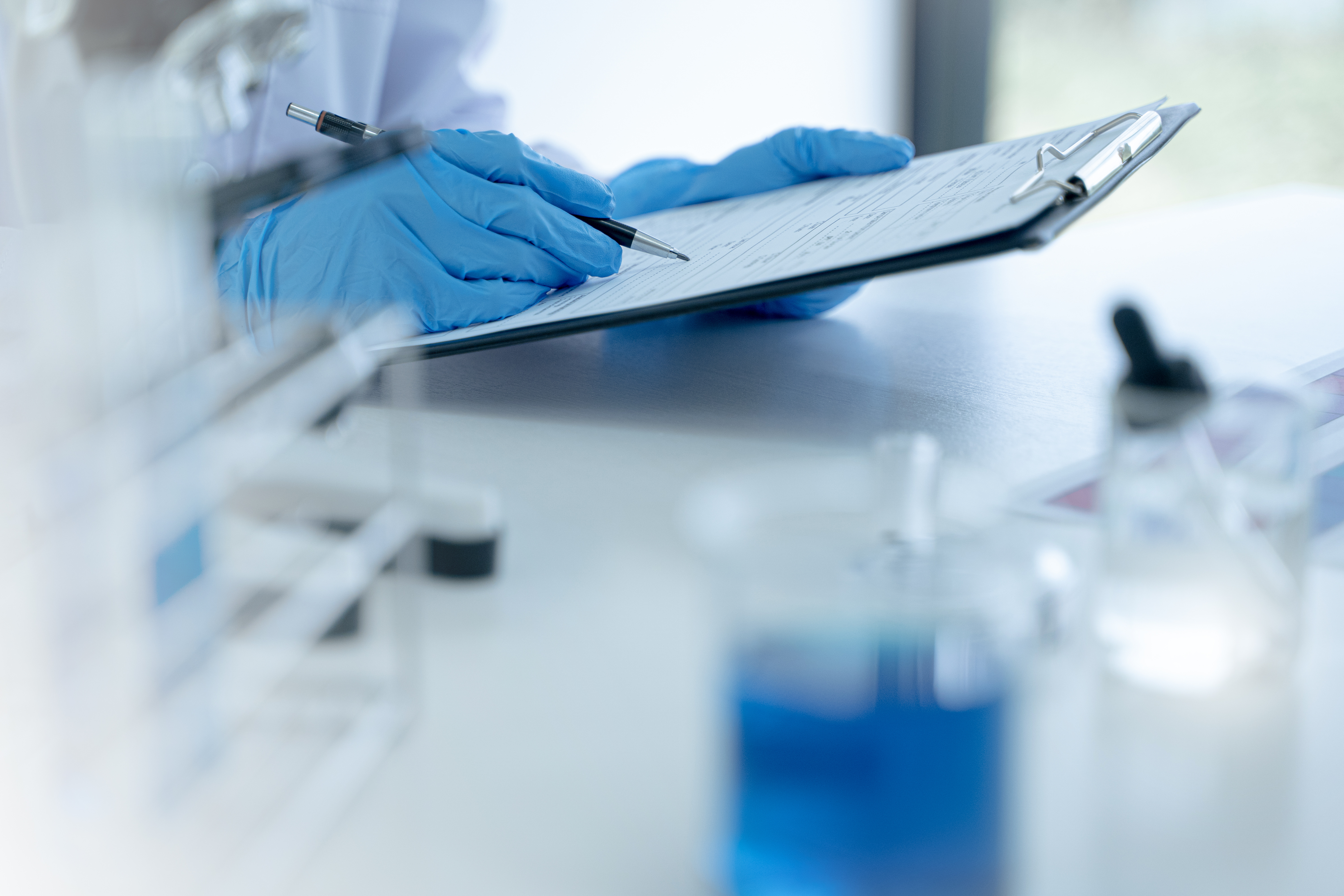Research Projects
Additional research projects in the division include:
- Use of Continuous Glucose Monitor and other wearables to reduce risk of hypoglycemia and optimize glycemic control
Mark O’Connor, MD, and Laurel O'Connor, MD
This study was the first of its kind to evaluate the benefits of continuous glucose monitoring (CGM) for Emergency Room patients. They analyzed whether CGM will successfully keep people from returning to the hospital with diabetes-related issues once they’ve been discharged from the ER. Participants included people with pre-existing diabetes as well as those who arrived at the ER undiagnosed. Funded by the UMass Memorial Diabetes Center of Excellence Herman G. Berkman Diabetes Clinical Innovation Fund.
- Continuous Glucose Monitors in hospitalized patients: ICU study
John Mordes, MD, Eric Cucchi, MS, and Samir Malkani, MD
Non-critical hospitalized patients: Asem Ali and Leslie Domalik
This clinical study uses the Dexcom G7 continuous glucose monitor (CGM) in the intensive care unit (ICU) environment. The goal is to validate the accuracy and practicality of the Dexcom G7 when used to assess glycemia in critically ill patients by comparing simultaneous CGM readings with glucose measurements obtained in the course of routine care as recorded in the electronic medical record. Funded by a UMass Memorial Health Digital Health Insights (DIGI) grant.
-
Utility and Feasibility of Continuous Glucose Monitoring for Insulin Dosing and Improving Glucose Control in Hospitalized Patients
Asem Ali, MD, and Leslie Domalik, MD
The role of continuous glucose monitoring (CGM) is well-validated in the outpatient setting, but there are big gaps in our knowledge regarding its use for hospitalized patients. Through this study, we will have better information on the utility and feasibility of using CGM in hospitalized patients and be able to compare CGM use to standard fingerstick blood glucose testing in this population. Funded by a UMass Memorial Health Digital Health Insights (DIGI) grant. -
Use of GLP1-RAs in Patients with Diabetes and Established Atherosclerotic Cardiovascular Disease
Madona Azar, MD
This project addresses an important gap in care delivery for people living with diabetes and established atherosclerotic cardiovascular disease (ASCVD) that is caused by plaque buildup in the arterial wall. In addition to directly benefit patients, the study of glucagon-like peptide-1 receptor agonists (GLP-1 RA) will also educate healthcare professionals about best practices for diabetes management to improve adherence to standards of care. Funded by a UMass Memorial Health Digital Health Insights (DIGI) grant. -
Using Smart Watch Technology to Prevent Dangerous Hypoglycemia
Mark O'Connor, MD, and Stephanie Carreiro, MD
This was a pilot study of people with type 1 diabetes who were at risk for hypoglycemia. The goal is to create an optimized algorithm for detecting hypoglycemia based on smartwatch data. Funded by UMass Memorial Medical Group’s Prize for Academic Collaboration and Excellence (PACE) Award. -
Analyzing Skin Reactions to Continuous Glucose Monitors
Led by UMass Chan Medical School student Emilee Herringshaw with Samir Malkani, MD, David Harlan, MD, Wei-Che Ko, MD, and Cheryl Barry, RN, MS, CDCES
This pilot study was designed to evaluate skin reactions to specific models of CGMs, and characterize severity, location(s) involved, and whether variables such as sensor placement or season of wear impact reactions. The study will also investigate attempted interventions and the results of those interventions.
To learn more about our diabetes research, click here.
